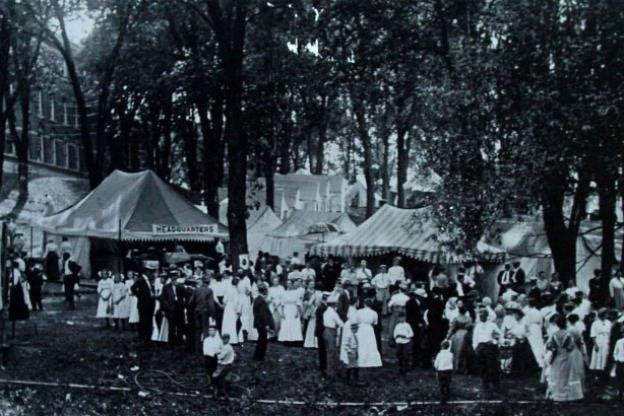-
Indiana Public Media
- Indiana Public Media Home
- Radio
- TV
- News
- Arts & Culture
-
All Programs
- A Moment of Science
- Afterglow
- Community Minute
- Earth Eats
- Ether Game
- Focus on Flowers
- The Friday Zone
- Harmonia
- Indiana Newsdesk
- Indiandroid
- Just You & Me
- Moment of Indiana History
- Night Lights Classic Jazz
- Noon Edition
- The Poets Weave
- PorchLight
- Profiles
- Classical Music
- Sylvia and Friends
- Soul Kitchen
- Journey Indiana
- Events
- Support
- Services
- Contact
- Broadcast Status
- Search


Give Now »

-
Programs
- Afterglow
- Ask the Mayor
- Classical Music
- Community Minute
- Earth Eats
- Ether Game
- Focus on Flowers
- The Friday Zone
- Harmonia
- Indiana Newsdesk
- Indiandroid
- Journey Indiana
- Just You & Me
- A Moment of Science
- Night Lights Classic Jazz
- Noon Edition
- The Poets Weave
- PorchLight
- Profiles
- Soul Kitchen
- Sylvia and Friends
- Podcasts
- Video
Give Now
»







